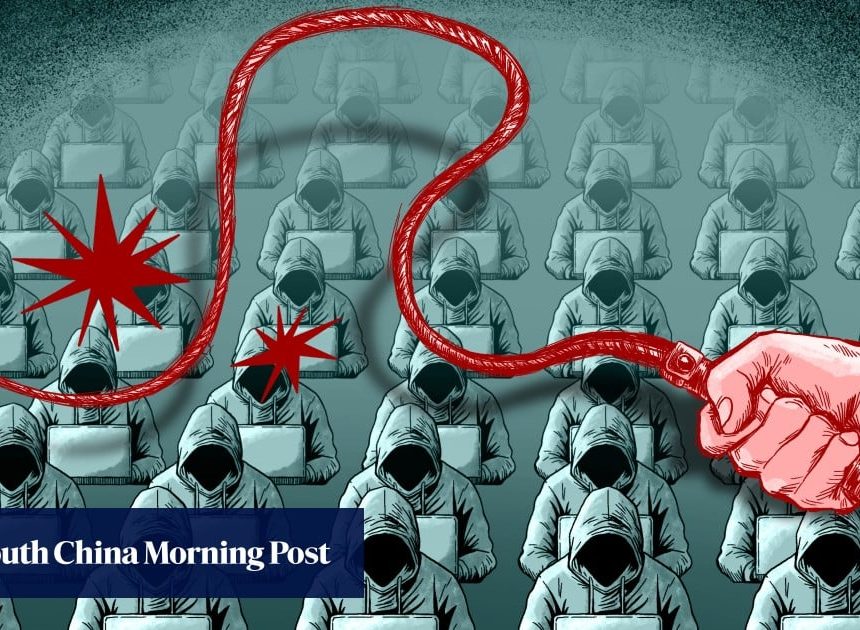The “now you see it, now you don’t”, “was it or wasn’t it” racism of recent days is nothing new, but it is profoundly dispiriting and corrosive (Nigel Farage defends MP’s complaint about TV adverts as ‘ugly’ but not ‘deliberately’ racist, 27 October). It reduces racism to a prejudice that leaks, unintentionally, out of clumsy words.
Similar excuses were made after Frank Hester said Diane Abbott “makes you want to hate all black women” and that she “should be shot”, and after Robert Jenrick complained about not seeing “another white face” during his tour of part of Birmingham. Both said that their remarks had nothing to do with skin colour.
The sad fact is that racism is not the preserve of self-declared Nazis advocating white supremacy with intent. Racism is widespread and influences everyone. Most white people, like me, will have said racist things with varying degrees of intentionality. Denying it just preserves it, and as the American civil rights activist James Baldwin pointed out long ago, when it comes to racism, “it is the innocence which constitutes the crime”.
Rod Earle
Shalford, Surrey
It is possible to put a generous interpretation on the Reform UK MP Sarah Pochin’s remarks about “adverts full of black people, full of Asian people”. In the light of the question put to her about “demographics”, she might say that she was objecting not to black and brown faces as such, but to the fact that their frequency in adverts does not match that in the UK population.
But why does she says that this “drives me mad”? Why is it so important to her that the proportion of black and Asian faces in adverts should not exceed the proportion in the population? Is it some kind of obsession with mathematical neatness, or is it something else? She still has a lot of explaining to do.
Richard Norman
Canterbury
For some of us, Sarah Pochin’s objection to the number of Black and Asian people on TV feels chillingly like deja vu. The broadcaster Ludovic Kennedy made the same complaint 22 years ago (Too many blacks on TV, says Ludovic Kennedy, 25 September 2003).
Coming from an esteemed liberal, it was doubly shocking, but that it now issues from an unsurprising source is no less disturbing. For Black and Asian people, it is evidence that inclusion is always contingent, always contested; it is always an issue over which contentment can shrivel suddenly and feel instead like complacency – whether at the drop of a hint, the raising of an eyebrow or the screech of racist commentary.
Paul McGilchrist
Cromer, Norfolk
I think Sarah Pochin has failed to understand how advertising works. All companies want to appeal to the widest audience, so they include a diverse demographic in their adverts. So of course we will see a larger proportion of Black and Asian families in adverts than is actually present in society. It’s not some woke conspiracy, Sarah. Just maths.
Jacqui White
Whitstable, Kent
Could Nigel Farage tell us what kind of racist comment is the tipping point that would lead to expulsion from his party?
Peter Brooker
West Wickham, London


